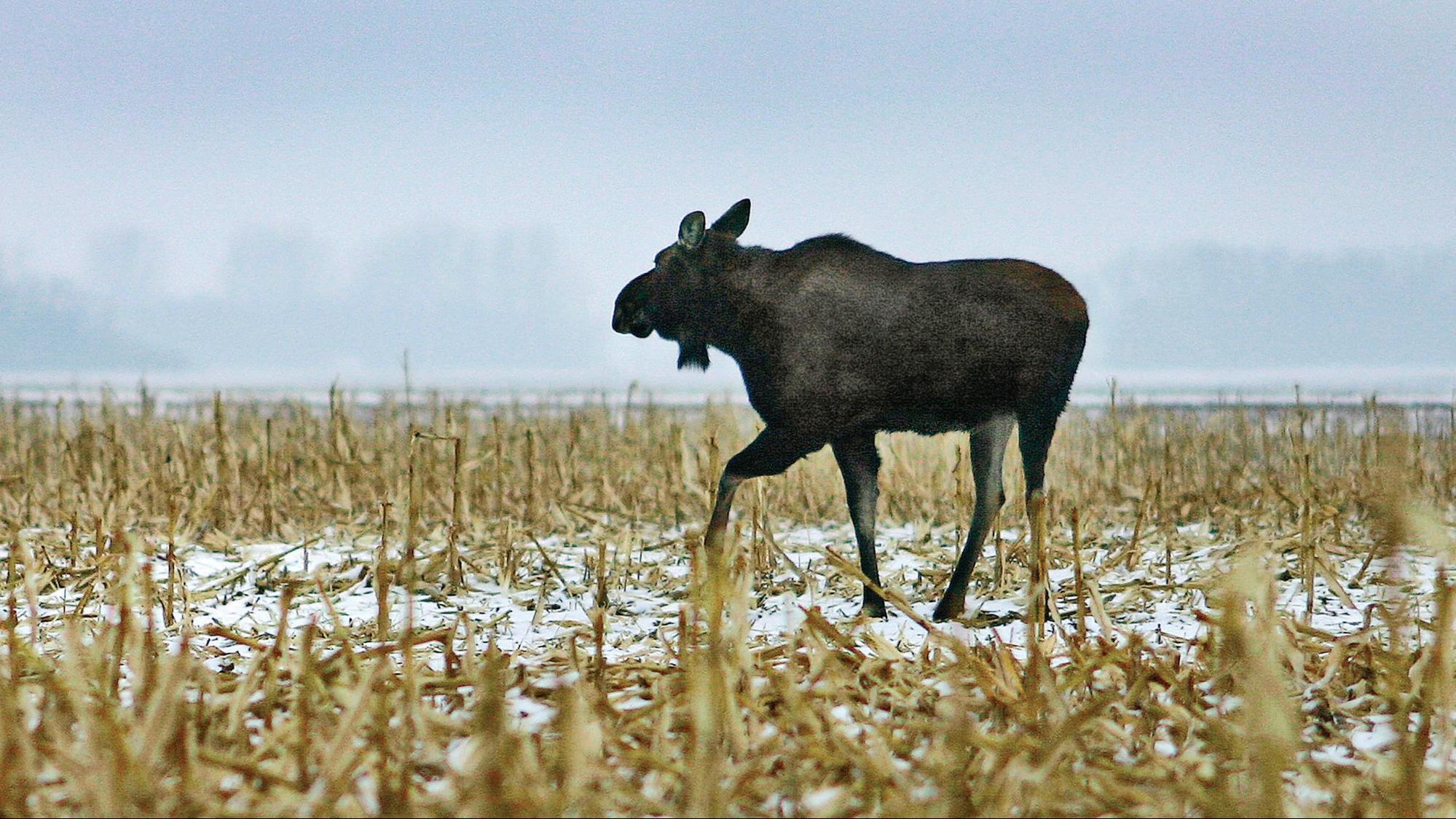Wildlife Management & Conservation Biology Concentration

-
Program TypeConcentration
-
SchoolSchool of Arts & Sciences
Advocate for the health and preservation of the environment. Be a steward of our finite, God-given natural resources.
What You’ll Learn
You’ll explore the fundamental concepts of conservation in your class and laboratory work, including ornithology, parasitology, zoology, and mammalogy. You’ll also learn the principles of wildlife ecology and range management. Although this concentration can be taken with any Mary undergraduate program, the majority of our students major in biology.
- Location, Location, Location
Besides the abundant access to natural resources in the area, Bismarck is home to the North Dakota Game and Fish Department, the North Dakota Natural Resources Trust, Ducks Unlimited, Delta Waterfowl, and several other agencies, NGOs, and environmental consultants. All that gives you a head start on your career.
- Learn from Professionals in the Field
You’ll have opportunities in laboratory courses to work with local wildlife professionals and gain experience in field and laboratory techniques practiced by wildlife managers.
- Prepare for Conservation Positions and Graduate School
Combining the wildlife management & conservation biology concentration with a criminal justice minor will prepare you for a position as a game warden or conservation officer. You’ll also be well prepared for graduate programs in wildlife biology, conservation, ecology, and related fields.
- Strengthen Your Skills of Servant Leadership
Develop the Christian, Catholic, and Benedictine values of servant leadership that distinguish a Mary education and are much-needed in successful conservation advocacy.
Program Information
Please visit our catalog for admission requirements and a full list of our courses.
Featured Faculty

Michael Lares, PhD
Wildlife Management & Conservation Biology Concentration Coordinator, Professor of Biology
I am a faculty member in the biology program at the University of Mary and have been here for more than 20 years. I teach primarily in the organismal and environmental areas, teaching classes and labs in general biology, zoology, ecology, animal behavior, ornithology, and a few other areas. I advise students in biology education, as well as those interested in chiropractic and veterinary medicine. My graduate research focused on the functional biology of echinoderms, especially the feeding biology of sea urchins. I also assisted with research at the USDA-ARS on leaf spot diseases of wheat. I am currently collaborating with Emma Perry, Unity College, Maine on the natural history of tardigrades in North Dakota. I am a member of Sigma Xi, a scientific research society, the Board of Directors of the Dakota Zoo, and the Lewis and Clark Wildlife Society. I routinely volunteer at the Dakota Zoo and sometimes run the scoreboard at UMary home swim meets.

